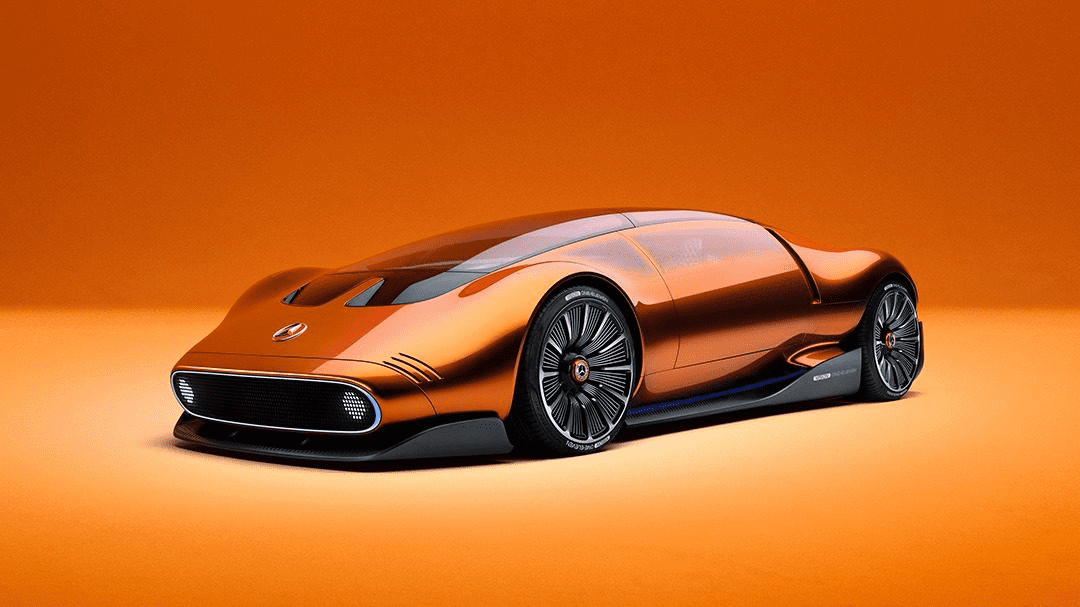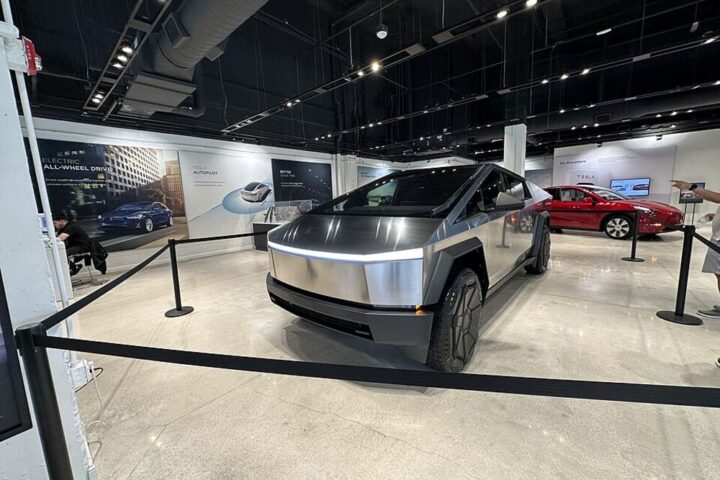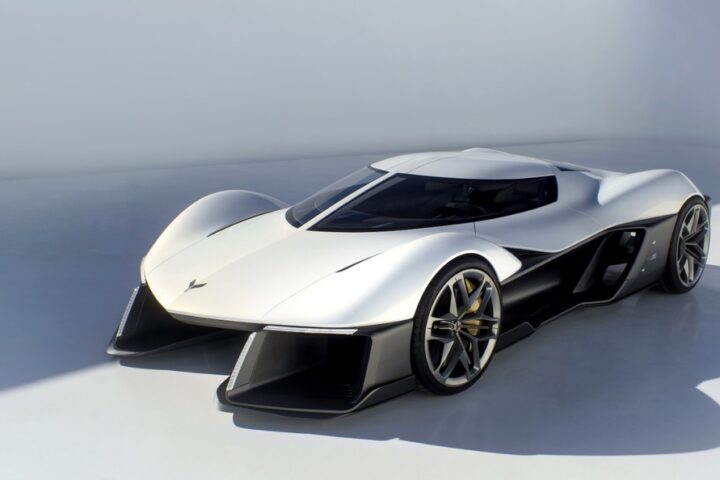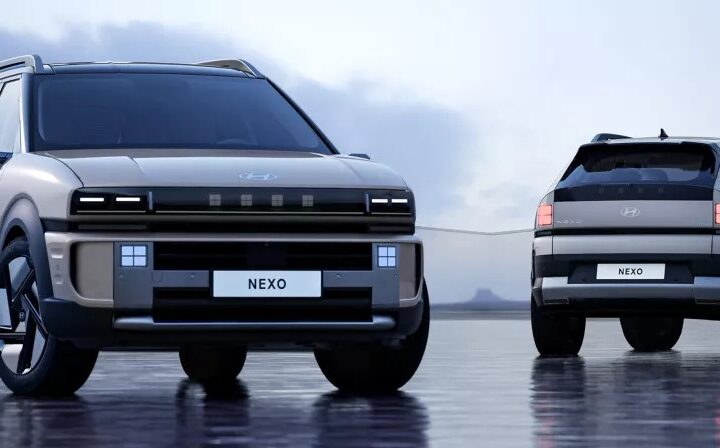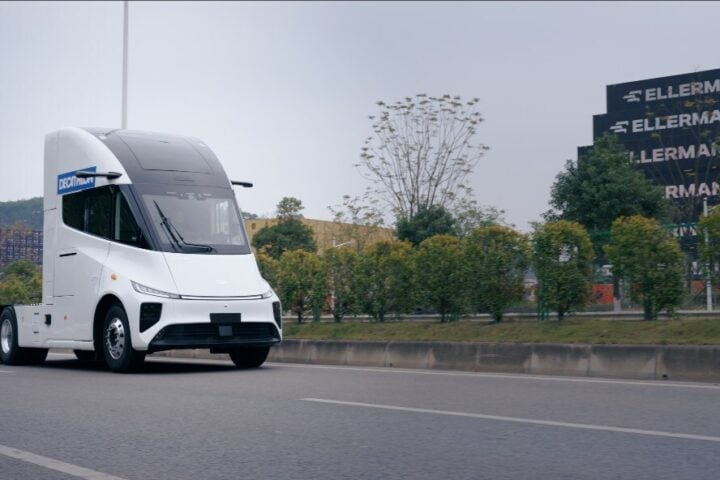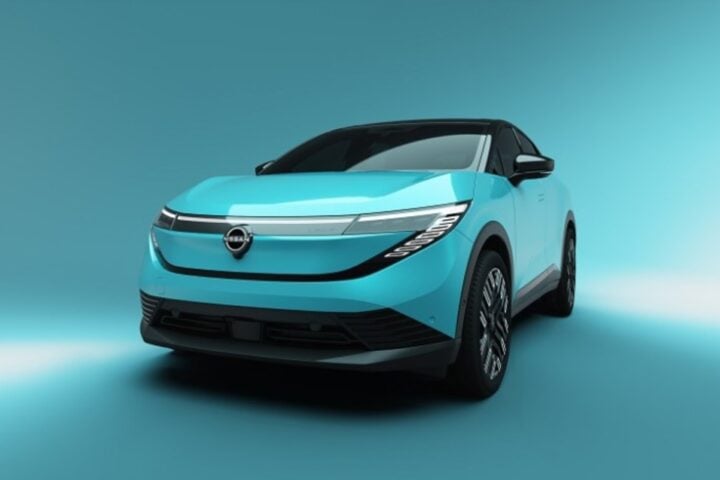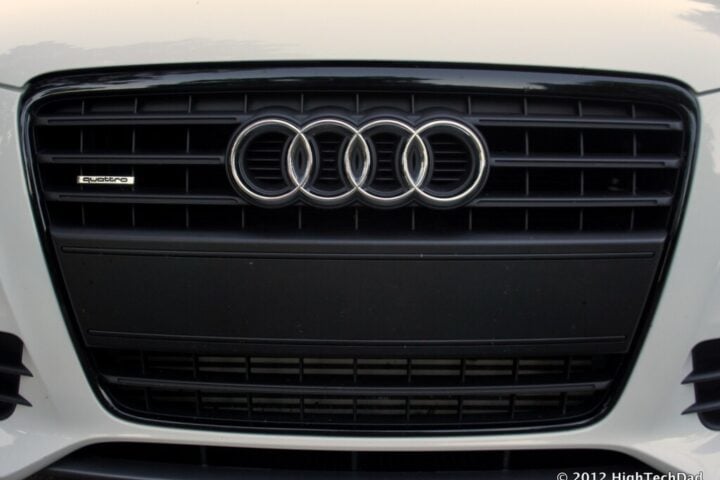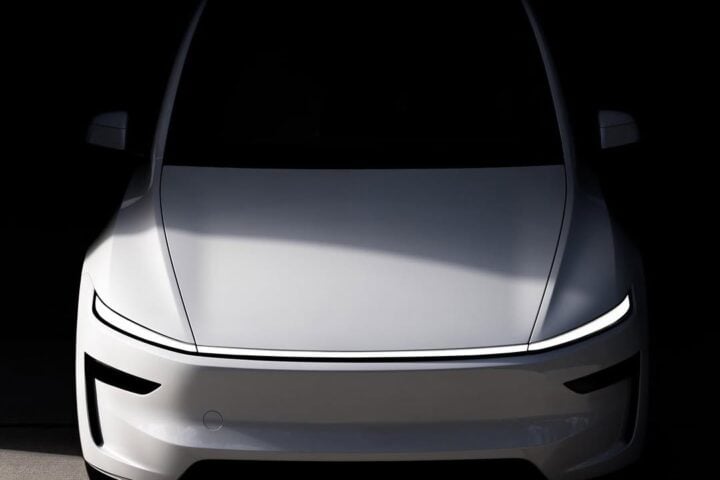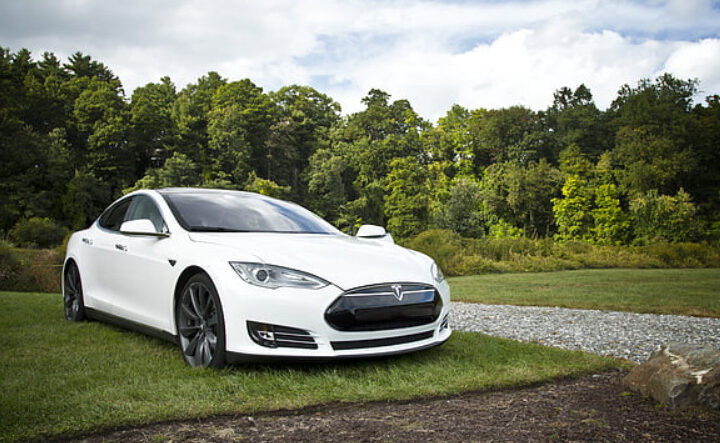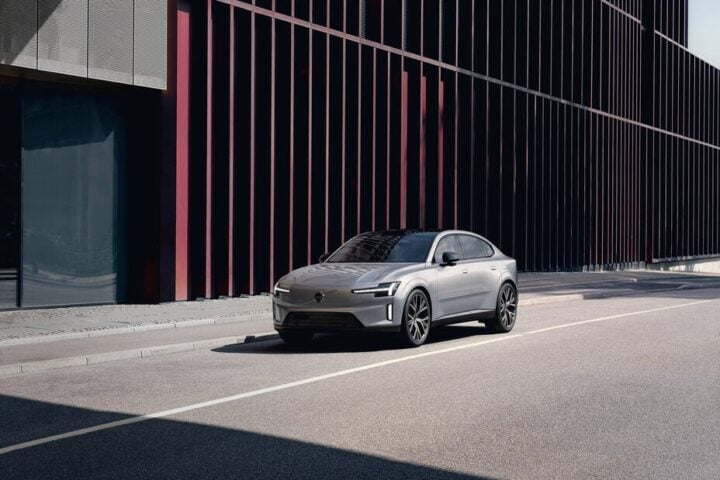The Mercedes-Benz Vision One-Eleven concept car was recently unveiled at the International Design Center in Carlsbad, California. It draws inspiration from the iconic Mercedes-Benz C 111 experimental vehicle from the 1970s and incorporates modern design elements and advanced drivetrain technology. The Vision One-Eleven pays homage to its predecessor with features such as gullwing doors, an oval-shaped front end with hash-mark vents, dual circular taillights, and twin hood vents. The concept car adopts the Mercedes-EQ “one-bow” design language, giving it a curvy and cab-forward appearance. It also features advanced exterior elements like front and side splitters, an aggressive rear diffuser, and substantial air management designs.
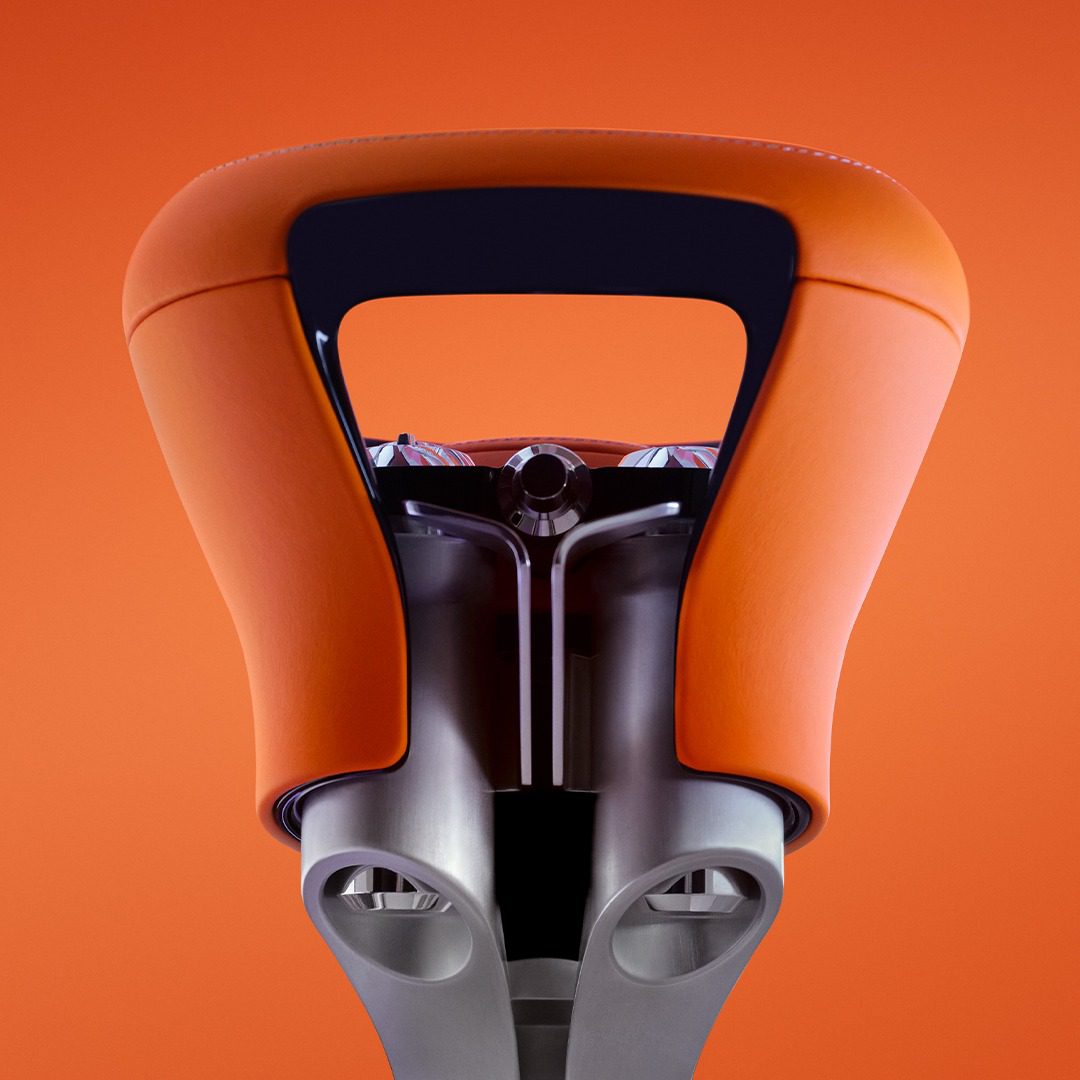
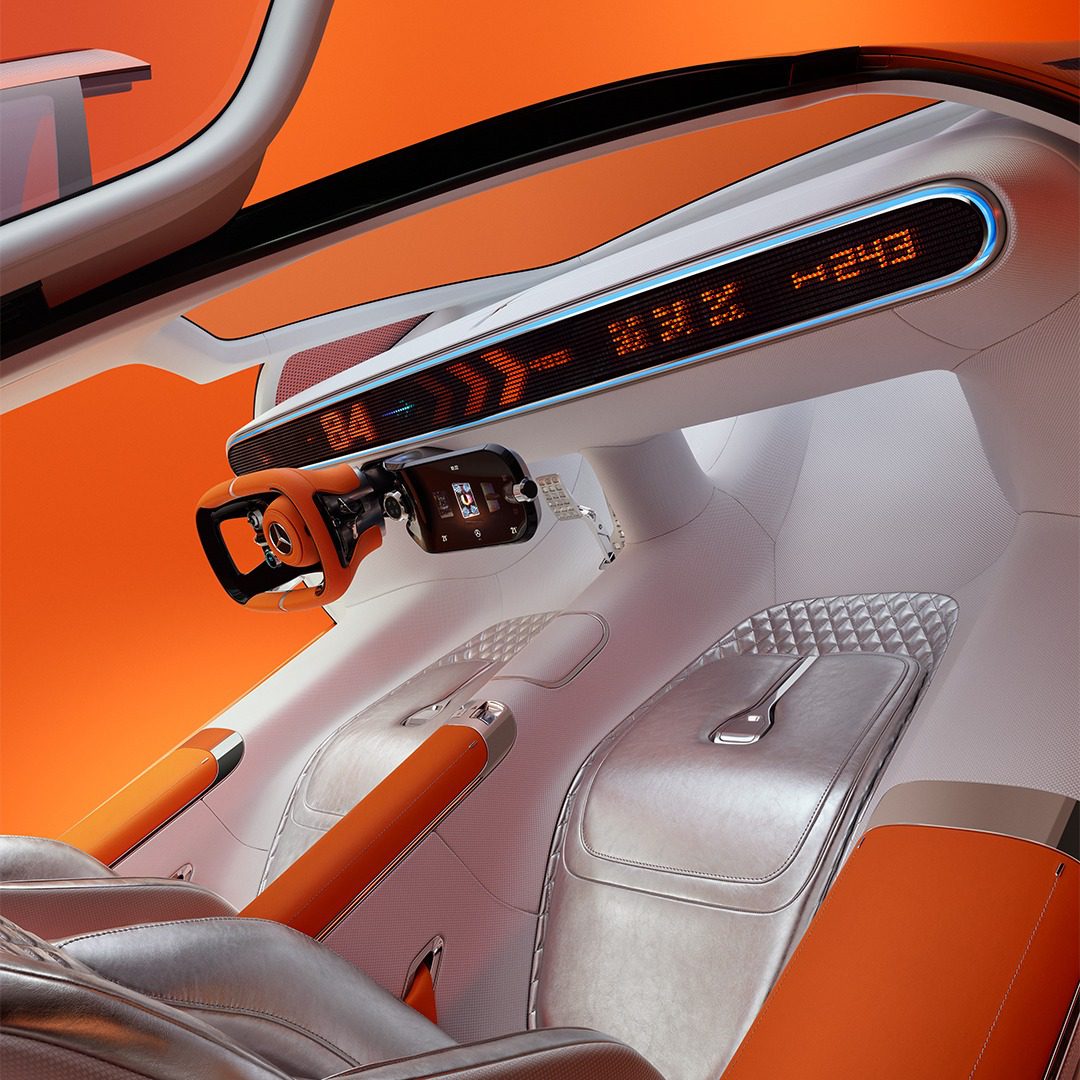
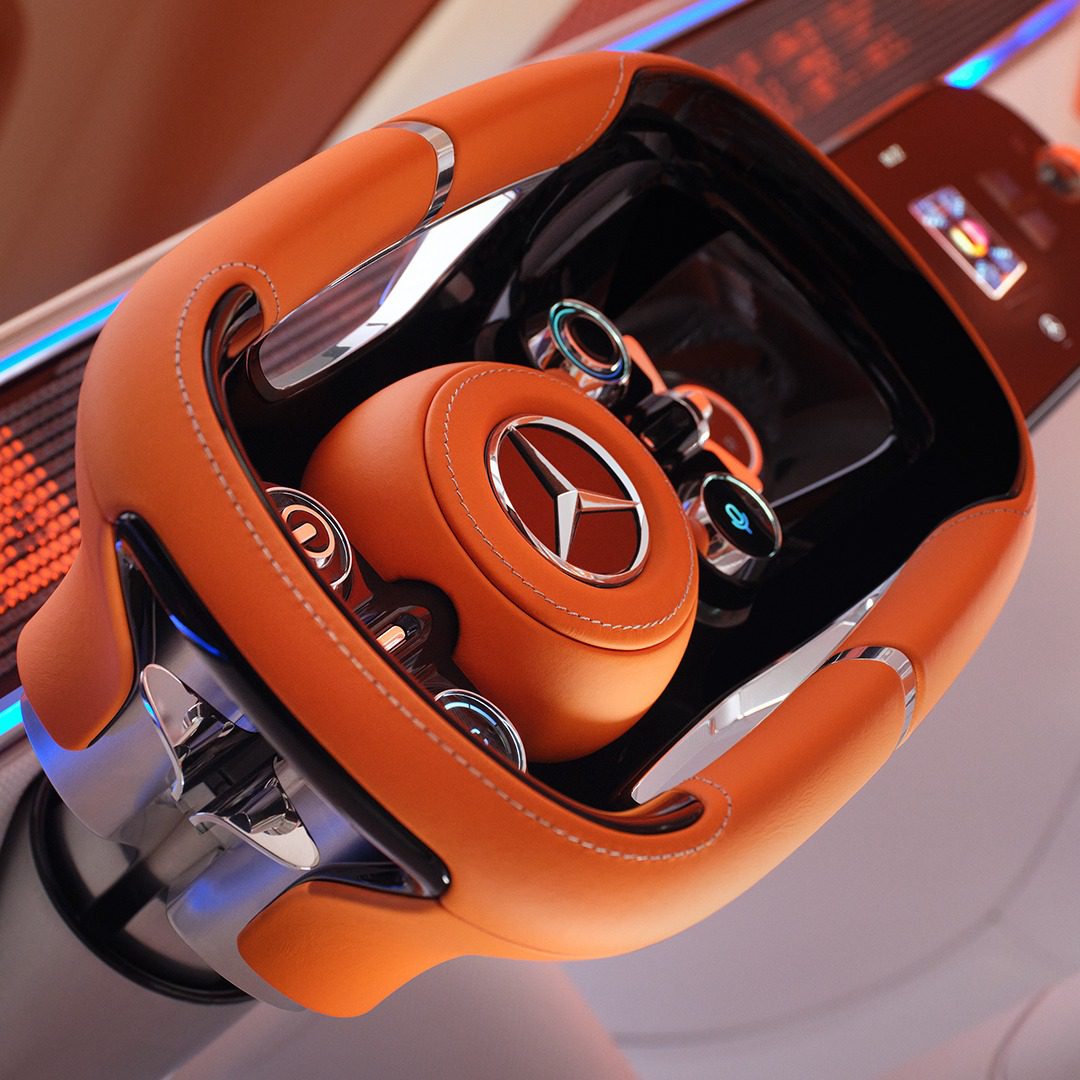
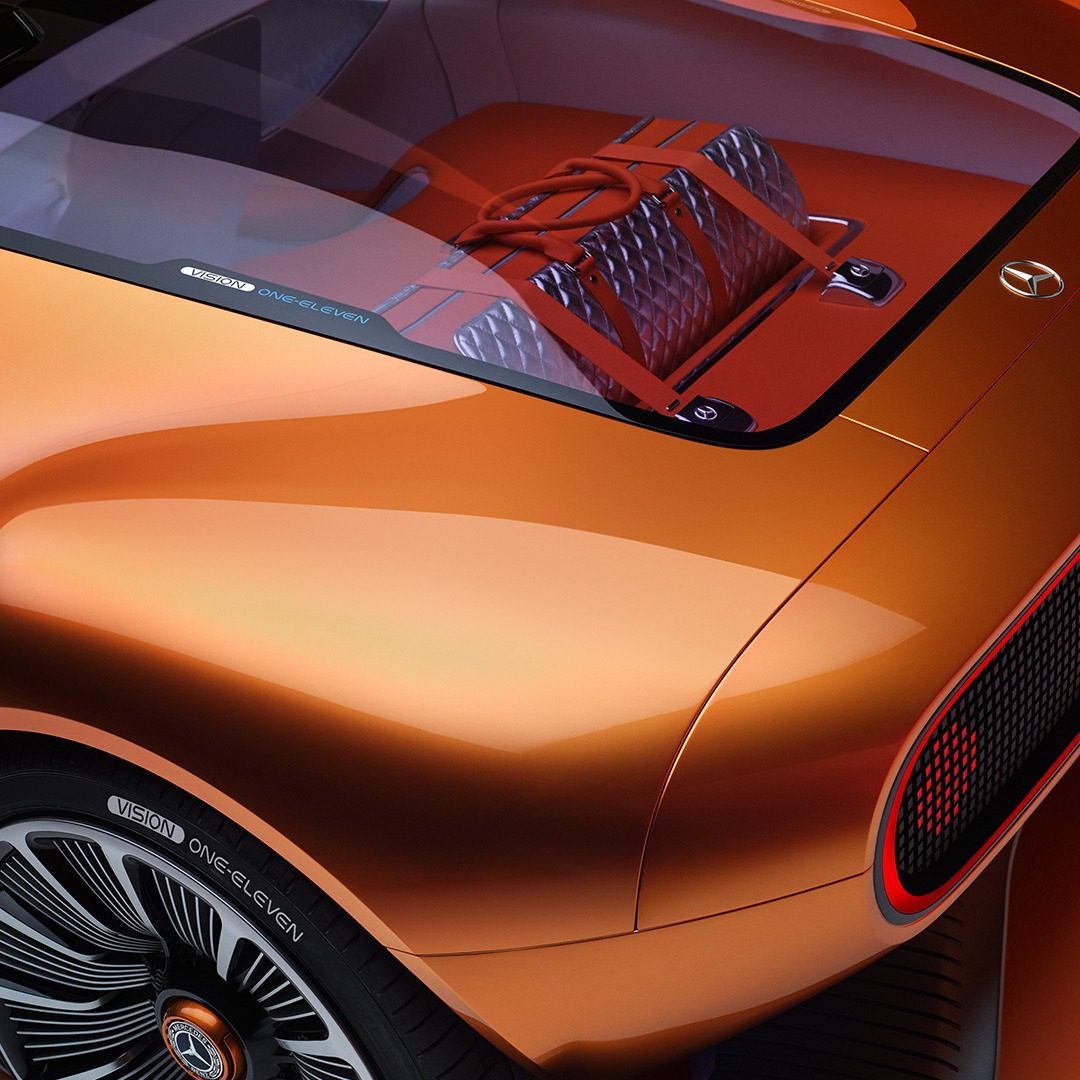
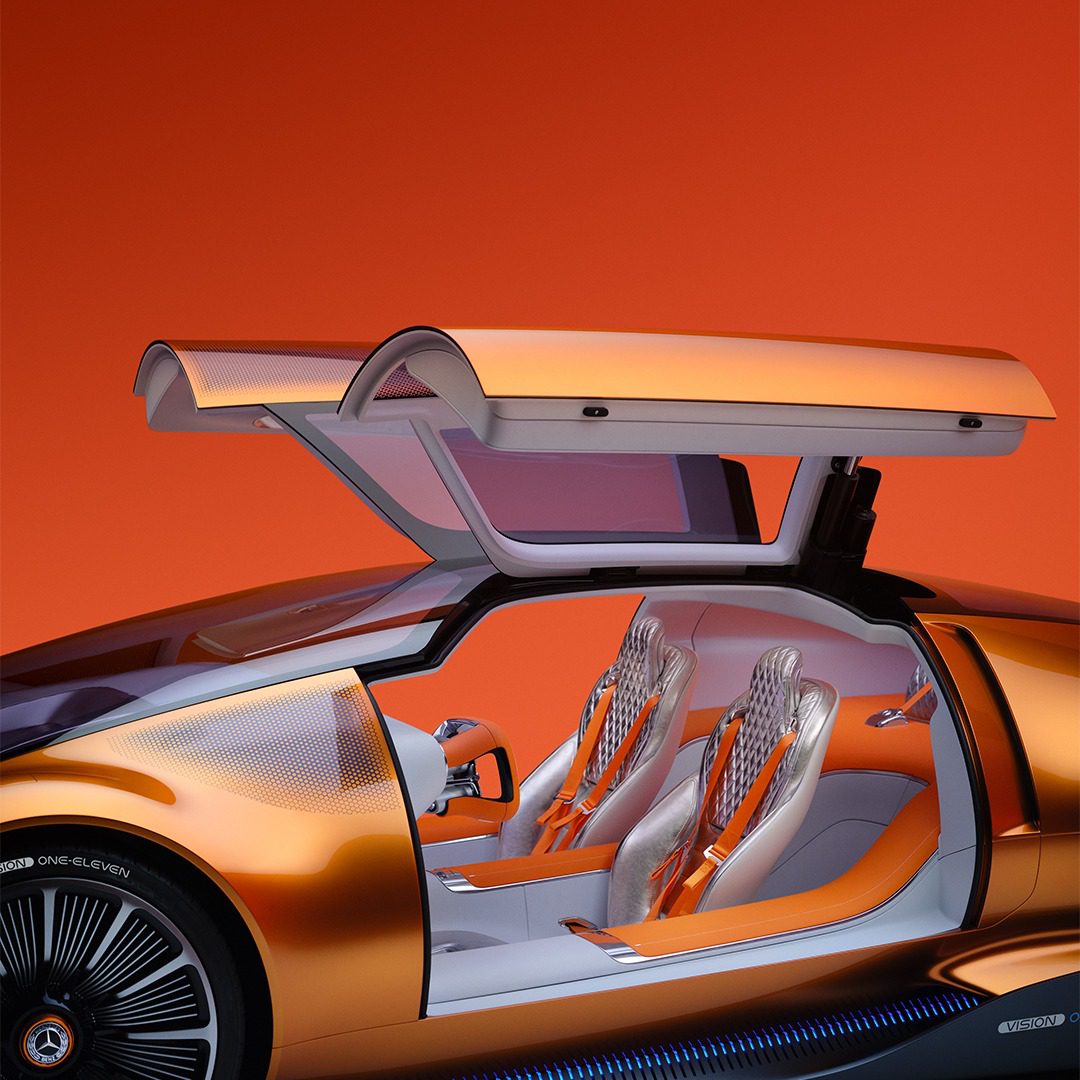
The most significant innovation in the Vision One-Eleven is its drivetrain technology. Instead of the experimental drivetrains of the C 111, it incorporates the latest axial-flux electric motor technology developed by YASA, a British electric motor company that is now a subsidiary of Mercedes-Benz AG. These highly power-dense electric motors are compact. They boast high horsepower and torque. The axial-flux motors enable a low stance for the concept car and could potentially be placed next to each wheel, reducing energy loss and increasing battery efficiency in future electric vehicles. While specific performance figures for the Vision One-Eleven are not provided, it is speculated that the concept car could have a total power output of around 1,000 kilowatts (or 1,300 horsepower) with the four individual axial-flux motors. However, Vision One-Eleven is primarily a styling exercise rather than a powertrain testbed.
Similar Post
The interior of the Vision One-Eleven features a 1970s-inspired design with an orange-and-silver color scheme, low bucket seats, a squared-off steering wheel with large buttons and dials, and a minimalist cabin design. It incorporates technologies like an augmented reality system that provides real-time information and perspectives to the driver. The interior materials include 100-percent recycled polyester or sustainably processed leather tanned using coffee bean husks. While the Vision One-Eleven concept car is unlikely to go into production as it is, the design, technology, and engineering innovations showcased in the concept are expected to influence future Mercedes-Benz production vehicles. The axial-flux electric motor technology developed by YASA, for example, is already being supplied to supercar brands like Ferrari and Lamborghini. These innovations are expected to enhance electric vehicle performance and range in future Mercedes-Benz models. The Vision One-Eleven concept car represents Mercedes-Benz’s blend of past inspiration and forward-looking design, showcasing potential advancements in the automotive industry.
